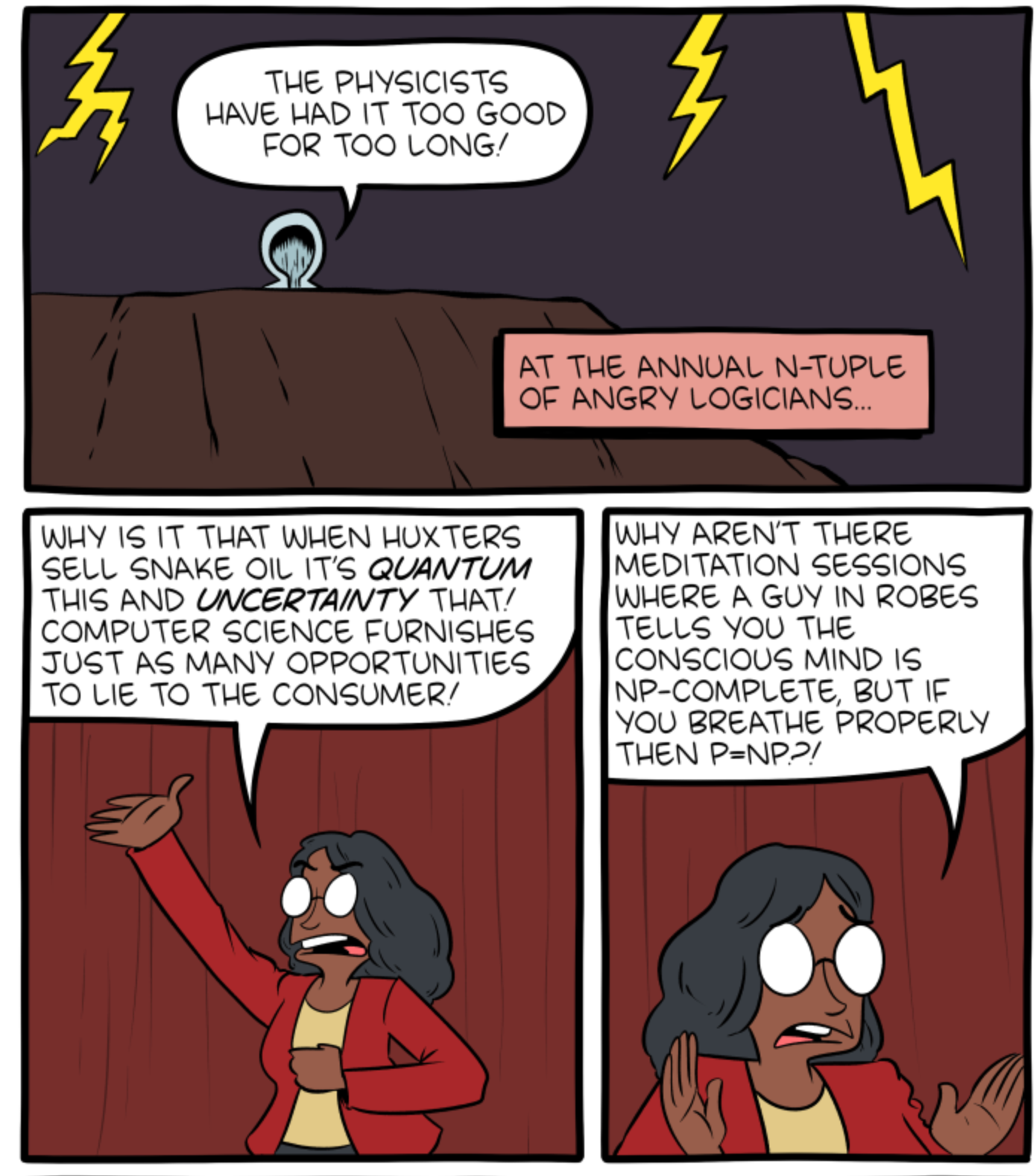Synchronicity
Just a few minutes after I finished "Equal representation in the halls of quackery", this email arrived [names obscured to protect the guilty]:
Dear Dr. Liberman,
The journal P________ is currently running a Special Issue entitled "Molecular Dynamic Simulation for Food Products and Processes". Prof. Dr. A_____ S___ and Prof. Dr. V_____ R_______ are serving as Guest Editors for this issue. We think you could make an excellent contribution based on your expertise and your following paper:
Pitch-range perception: the dynamic interaction between voice quality and fundamental frequency. 17TH ANNUAL CONFERENCE OF THE INTERNATIONAL SPEECH COMMUNICATION ASSOCIATION (INTERSPEECH 2016), VOLS 1-5: UNDERSTANDING SPEECH PROCESSING IN HUMANS AND MACHINES 2016, 0, 1350-1354.
This Special Issue aims to present recent advances and breakthroughs in the application of MD simulations, in the development and maintenance of the safety and quality of food products and processes.
Read the rest of this entry »


